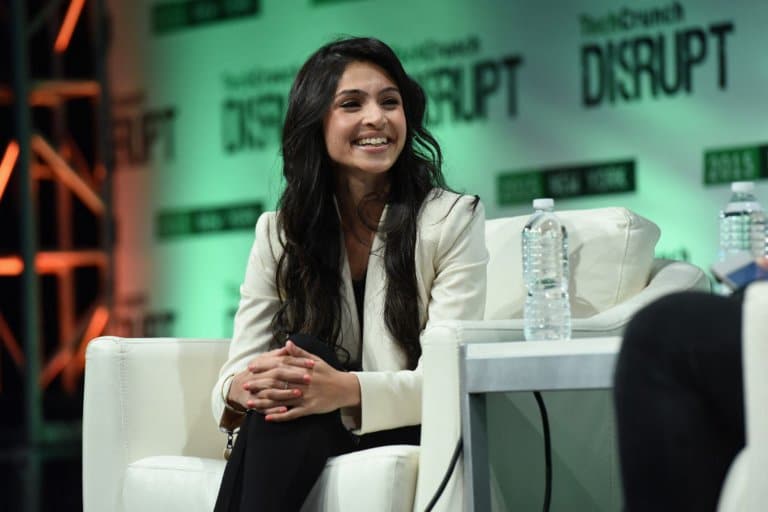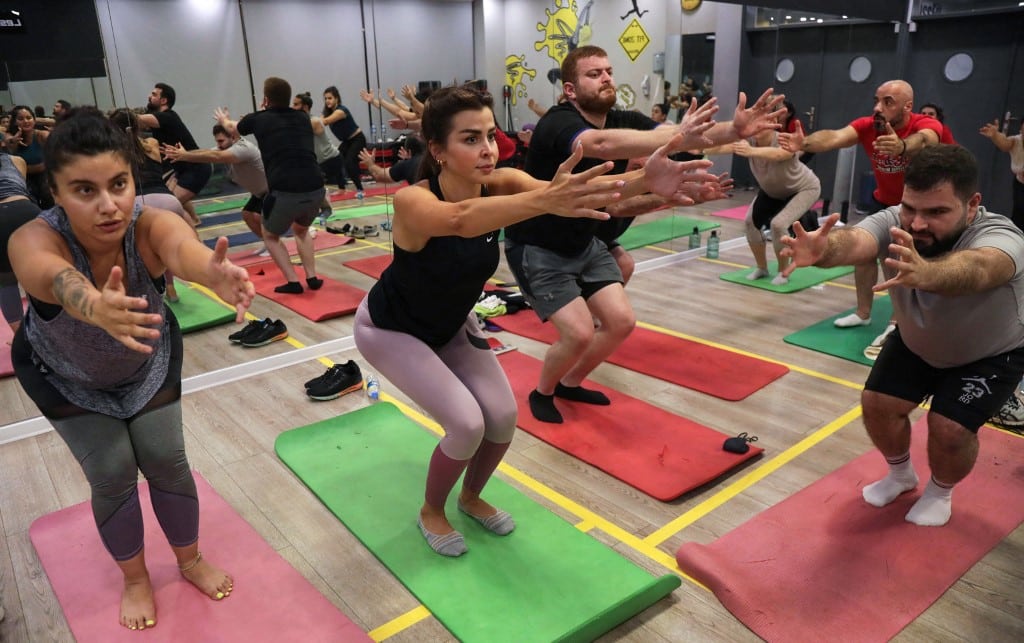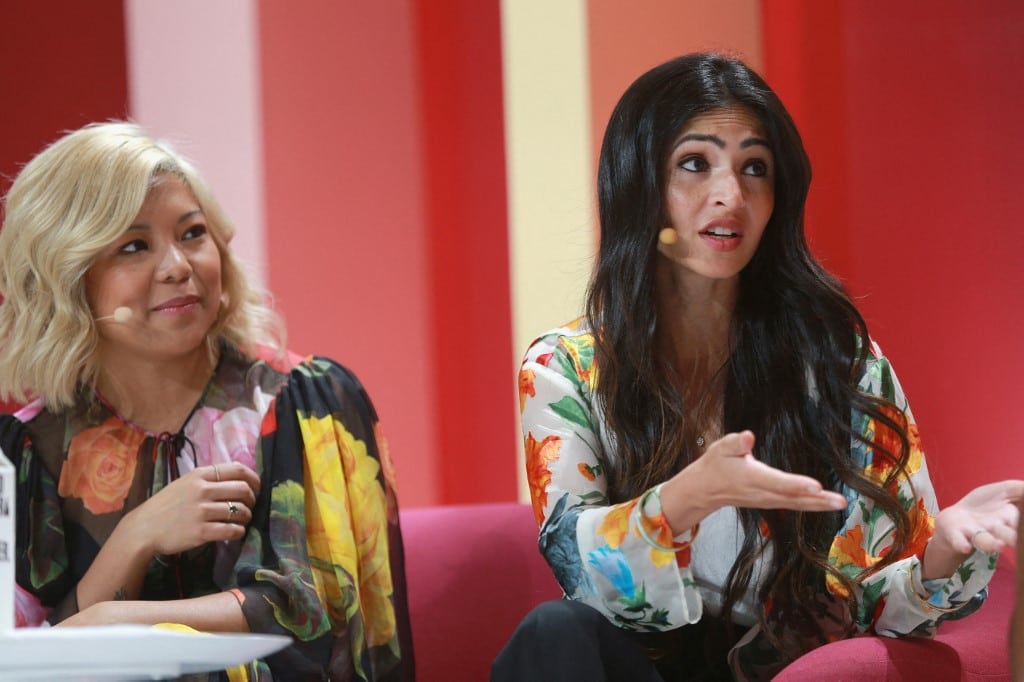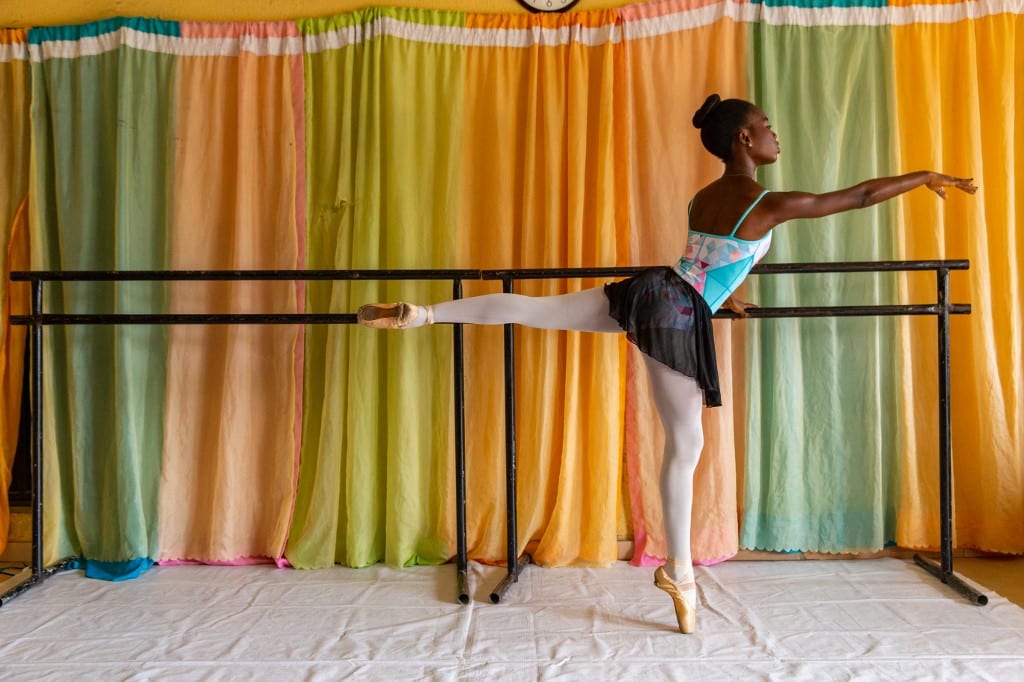
Before Payal Kadakia was the founder and CEO of ClassPass, the revolutionary fitness and wellness platform, she already held senior roles at Bain & Company and Warner Music.
She had little reason to leave her job as a senior associate consultant at the coveted firm, which reportedly pays US$152,183 on average annually.
She did toy with the idea of starting her own business but felt she wasn’t ready to quit and start from zero again.
Then, a plot twist.
Unlike other Asian immigrant families, who would advise most of their children to join and stay in conservative careers, Kadakia’s mother told her to take the riskier path.
“It seemed crazy to me, almost disrespectful, to consider quitting my well-regarded job to pursue something so risky,” Kadakia said in a Yahoo! interview.
“But my mom didn’t see it that way.”
This was how ClassPass was born in 2013, shaking the fitness and wellness industry with a one-stop platform for thousands of top-rated gyms, fitness studios, salons and spas.
Customers no longer needed to sign up for a gym membership, but rather they could pay a monthly fee instead and join whatever class they felt like.
Yoga, pilates, boxing, cycling, dance – the list goes on. ClassPass considered the fact that some people just wanted to relax. And so, massages, hair care and spa services were introduced as well.
In 2020, ClassPass achieved “unicorn status” and was valued at US$1 billion. How did the ClassPass founder achieve this?
Her childhood, in a school district which was rated first in the state but which shamed her for being brown, offers some answers to what makes Kadakia so driven.

ClassPass founder Payal Kadakia says giving up her steady job to found ClassPass was the best decision she made. Source: Jonathan Leibson/Getty Images North America/Getty Images/AFP
Payal Kadakia: From Bollywood-dancing A student to ClassPass founder
Kadakia was the product of immigrant parents from India who ran away to get married. She and her sister were born and grew up in Randolph, New Jersey.
The second-generation migrant child enjoyed school — until her peers began making fun of her because of the colour of her skin.
She looked different and she struggled to understand this. She even worried whether it was because she “smelled.”
“There were days when I told my mom I didn’t want to go back to school. I felt like I didn’t fit in,” she says.
But at one fateful Indian wedding, she did.
“When I was younger, I got to taste something that was so magical — which was dance,” she said in an interview with The Diary of a CEO.
“When I danced and felt that feeling, I felt like the most authentic version of me.”
Kadakia was referring to a spontaneous, organic dance that came out of her — but not the physical sensation of it.
“It was the ability to make other people feel through something that I did,” she says.
Realising that a human being can have that kind of influence, power and connection to other people, and to feel that when she was four or five years old was “magical.”
“Nothing else in my life could compare to it and once I uncovered that I always wanted to feel that in anything I did,” she says.
That feeling was her “anchor.”
“That started at five years old when I was really young,” she says.
She then honed her passion by taking classes with an Indian teacher and once performed at a talent show in school.
The idea of homeschooling popped up, but she stayed where she was while her fondness for dance, math and science continued to grow.
Her choice to stay proved fruitful, and soon after, she became the first woman in her school to win a physics award.
This love for math and science featured heavily in her choice to pursue a Bachelor of Science in Management Science at the Massachusetts Institute of Technology (MIT).
“At MIT, I never thought about starting a business,” she says in a Slice of MIT article, “but I wanted to change the world and get people to live better lives.”
After MIT, however, she chose “a safe path” — i.e. a job at Bain & Company.
She didn’t stop dancing, even inviting her colleagues to watch her perform.
Juggling work and her passion was tough. Kadakia knew sooner or later, she would have to decide whether to stay or leave her consulting job.
Most consulting roles at prestigious firms, the likes of McKinsey & Co., Boston Consulting Group and Bain & Co., have long, demanding hours.
Forbes reports that MBA graduates here work up to an average of 72 hours per week — leaving little time for Kadakia to dance.
“I wanted to give dance a little bit of a try. But I needed to find a job that was going to be a bit easier, less travel-oriented and a little bit more predictable,” she says.
She found what she was looking for at the Warner Music Group in 2008.
It was during this period that Kadakia founded Sa Dance, an extension of MIT Chamak, the university’s first Indian dance company that Payal established back when she was a student.
Through Sa Dance, she wanted to change the way people viewed Indian dance and offer a platform for others to express their Indian American identity through movement.
But three years later, she made another tough call in 2011; she quit her role as associate director of digital strategy and business development.
She remembers how Warner’s vice president handed her a US$10,000 cheque as an initial startup for her business.
That was not all she left behind. Payal was studying for her Graduate Management Admission Test (GMAT) then. She recalls throwing the papers away and walking away.
The reason? A friend’s birthday in San Francisco.

Yoga proved to be one of the more popular fitness activities on ClassPass. Source: Safin Hamed/AFP
The ClassPass founder and her revolutionary idea
“… all her friends were building apps. I remember being like, “You do this full time?” They were like, “Yeah.” I realized, What if I thought of an idea? I felt like I could build something,” Kadakia told New York Times.
“So I said to myself, I’m going to take two weeks to see if I can think of an idea. If I can think of an idea I really care about, maybe this is worth it.”
Less than two days later, she found that idea while looking up a ballet class
“I end up on the traditional four or five dance studios that I know. I have seven tabs open. I can’t figure out which one to go to. One’s at 6:15. One’s at 6:30,” she says.
“I don’t know if the teacher is good, I don’t know if it’s beginner. Do I have the right stuff? An hour goes by, and I don’t pick which class to go to, and I never go to class that day.”
What if there was a search engine for classes?
“It doesn’t exist, and it’s something that I think a lot of people would find useful,” Kadakia says.
She started a search engine called “Classtivity” and launched out of Techstars in June 2012 with two products.
With US$49, a user would have access to 10 different classes from local studios for 30 days.
Still, it had too many barriers.
Users would book a class through the website and then pay upon arrival. This turned out to be rather intimidating for many who had never gone for a boot camp or something new.
The second product was ClassPass. It offered the same number of classes but payment was on a monthly basis and in advance.
It was a critical switch.
Before long, the app was refined. Kadakia secured more investors and continued forming partnerships and collaborations within the health industry for subscriptions.
In 2014, ClassPass launched its unlimited membership offering for US$180 monthly, proving to be a popular choice for users. But this was not sustainable.
For every class attended, ClassPass pays, Kadakua says. This resulted in the more classes taken, the more the company paid. “As you can imagine, our business costs increased rapidly,” she said in 2016.

ClassPass founder Payal Kadakia overcame many challenges but persevered. Source: Rich Fury/Getty Images for Girlboss/AFP
ClassPass then and today
ClassPass has grown to extraordinary heights. Users can attend classes anywhere in the 2,500 locations across the globe in 28 countries.
Payal says three months in, the team started witnessing exponential growth – ClassPass went from 35 users to 300. “For us, when we got to a thousand members, we were at a million-dollar run rate.”
And its success grew as options for types of fitness classes became larger, proving to people that it was worth it.
It wasn’t always so easy; top-tier studios had not jumped on this wagon from the start, Kadakia says.
“We got the big names as the product kept growing. We didn’t, in the beginning, have contracts with all the studios.”
Her education at MIT became very useful during this time. Management of inventory and capacity utilisation were two key elements she mastered at university that made ClassPass even bigger.
The team was going to make available the spots in studios and gyms that weren’t selling, giving them incremental revenue.
“That was a really important part of our value proposition from the beginning, and we also restricted how many times you could go to anyone’s studio for that purpose as well.”

The ClassPass team collaborated with different studios, including barre, to provide many options for users. Source: Benson Ibeabuchi/AFP
It wasn’t only beneficial for ClassPass, as Kadakia remembers; they aimed to balance out the scoreboard for the fitness studios and gyms too.
To do this, they used data and built algorithms so these businesses could keep optimising their revenue.
“Those are the things that we could do for our partners now because we had so much data historically on how much each class sold out.”
Very soon, the team was able to predict which states or cities favoured one class over the other and leverage this with studio owners.
For instance, they found out that users in Sydney, Austin and Minneapolis enjoyed yoga, while users in London and Toronto were fonder of strength training.
Cycling came out top in cities like Boston and Atlanta, and true to its being the epicentre of performances, New York had a steady of users interested in barre.
Journeying with the ClassPass founder and her team
In her book LIFEPASS: Drop Your Limits, Rise to Your Potential, Kadakia says she looks for certain special traits when hiring team members.
By now, she realised she worked well with positive people who had an optimistic outlook, as well as those who valued their time, she says.
“The company pillars I created when making hiring decisions were positivity, growth, and efficiency. Having the right team is essential to living up to our potential.”

ClassPass CEO Fritz Lanman was a good addition to the team. Source: Steve Jennings/Getty Images North America/Getty Images/AFP
ClassPass founder ignites investors’ interest
Giving up was never an option, Payal says. Despite being told the product or business was “just not there”, she says she kept hustling through it.
But one day, things changed and the ClassPass founder remembers the shift in investors’ perception, she says.
“I remember going out to raise my series A and ending up with multiple term sheets,” she says, comparing it to when she went to Silicon Valley four times and came back with nothing.
It was also here that she met Fritz Lanman.
“It was one of those moments when I met Fritz, I knew he believed in my mission. I met so many people who chased me because of the traction but I didn’t know if they saw my mission.”
Lanman ended up being ClassPass’s CEO.

Founder of ClassPass Payal Kadakia worked hard from the get-go to make this dream real. Source: Noam Galai/Getty Images for TechCrunch/AFP North America/
ClassPass founder, mother, then wife — in that order
If it’s one thing the ClassPass founder wants to tell women today, it is this – ignore societal timelines.
She gave birth to her first child in 2020, shattering stereotypes of how women needed to be at home raising children rather than securing a US$1 billion valuation for her startup.
But as the company began succeeding, she felt the pressure from society to get married, she says.
“I knew I had built something that was going to be huge, but people wanted to know if I was going on a date,” she says.
She decided she would meet the man of her dreams when she wanted to and not because of what others wanted her to do.
And she did; the ClassPass founder met Nick Pujji in 2014 and tied the knot in 2016.
Today, recognising that women can be ambitious and achieve what they want is the anthem Kadakia sings.
“You can be that ambitious woman and not have to sacrifice anything else at the same time,” she says.










